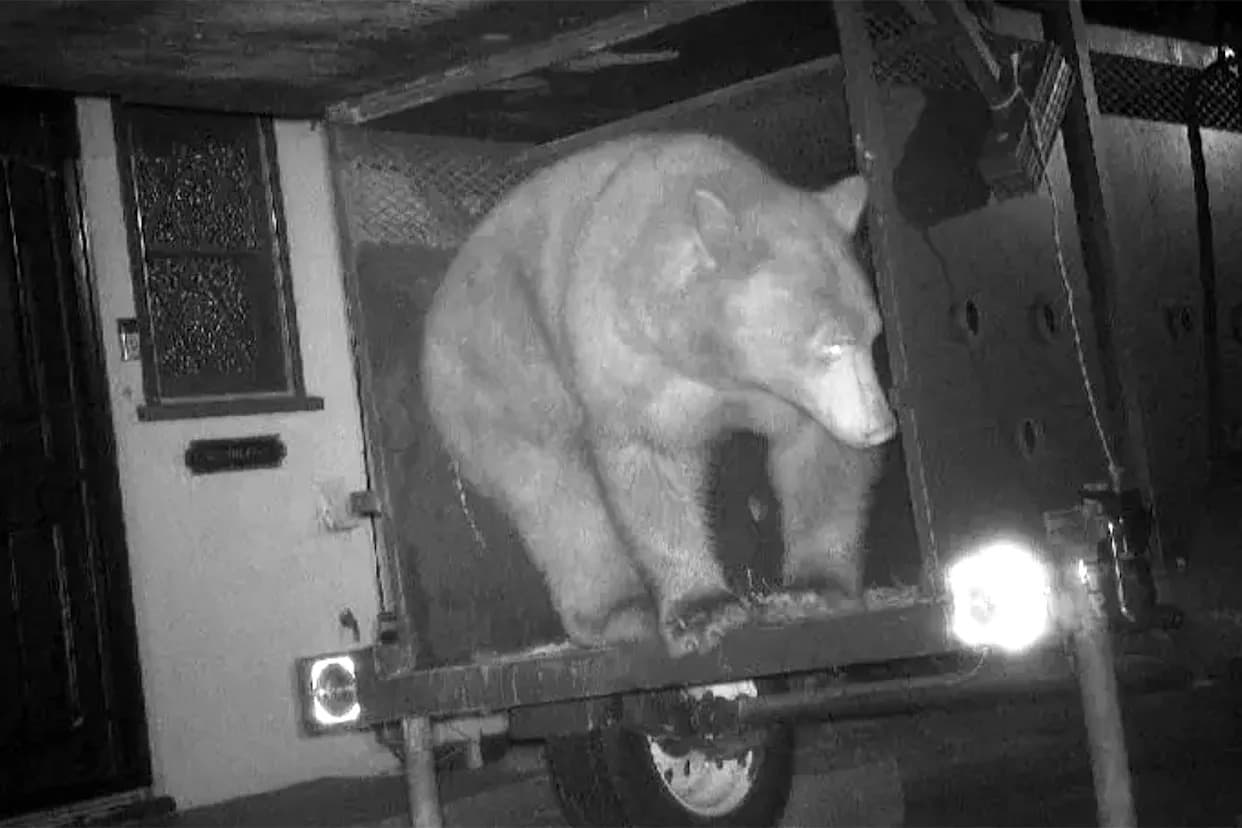Alaska Native tribes and conservation groups filed multiple lawsuits seeking to block a land-exchange agreement that would allow a 19‑mile road through the Izembek National Wildlife Refuge. Plaintiffs say the swap, negotiated with King Cove Corp., lacked adequate environmental analysis and threatens eelgrass wetlands and migratory birds relied upon for subsistence. King Cove argues the road is needed for emergency medical evacuations to an all‑weather airport in Cold Bay. The lawsuits were filed by tribal governments and conservation organizations, including Trustees for Alaska and Defenders of Wildlife.
Lawsuits Seek to Block Road Through Alaska’s Izembek Refuge, Citing Threats to Wildlife and Indigenous Subsistence

Tribes and conservation groups sue to stop land swap that could allow road through Izembek
JUNEAU, Alaska — Multiple Alaska Native tribes and conservation organizations filed at least three separate lawsuits Wednesday seeking to overturn a recent federal land-exchange agreement that could open the Izembek National Wildlife Refuge to a road connecting King Cove to an all‑weather airport in Cold Bay.
The legal challenges target an agreement struck last month between the Interior Department and King Cove Corp. Plaintiffs argue the swap was not adequately analyzed, risks damage to sensitive habitats and could harm migratory birds that some Alaska Native communities rely on for subsistence.
What the agreement would do
Under the deal, the federal government would transfer about 490 acres (roughly 199 hectares) to King Cove Corp. for a possible road corridor. In return, the corporation would convey about 1,739 acres (about 704 hectares) to the refuge and relinquish selection rights to additional lands. A decision document filed by the Interior Department describes a proposed road of approximately 19 miles, much of it crossing refuge lands; the corporation would be responsible for securing permits and funding to build any road.
Local needs and outside concerns
King Cove, a village of about 870 residents, has long pressed for a road to Cold Bay (about 18 miles / 29 km away) to improve access for emergency medical evacuations, saying the local airstrip can be frequently closed in poor weather and that sea travel is often unsafe.
But conservation groups and some tribal governments contend the exchange endangers Izembek’s eelgrass wetlands — a crucial stopover for migratory birds such as emperor geese and black brant — and threatens subsistence resources for Yup’ik and other Alaska Native communities, including tribes located hundreds of miles away.
“The refuge’s eelgrass wetlands are a lifeline for emperor geese, black brant and other birds that feed our families and connect us to Indigenous relatives across the Pacific,” said Angutekaraq Estelle Thomson, traditional council president of the Native Village of Paimiut. “We are joining this lawsuit because defending Izembek is inseparable from defending our subsistence rights, our food security and our ability to remain Yup’ik on our own lands.”
Who filed suit
One lawsuit was filed by the Native Village of Hooper Bay, the Native Village of Paimiut and Chevak Native Village together with the Center for Biological Diversity. Other suits were filed by a coalition of conservation groups represented by Trustees for Alaska and by Defenders of Wildlife.
Elizabeth Peace, a spokesperson for the Interior Department, said by email Wednesday that the department does not comment on ongoing litigation.
Current status: The cases were filed Wednesday; further court dates and outcomes have not yet been reported.
Help us improve.


































